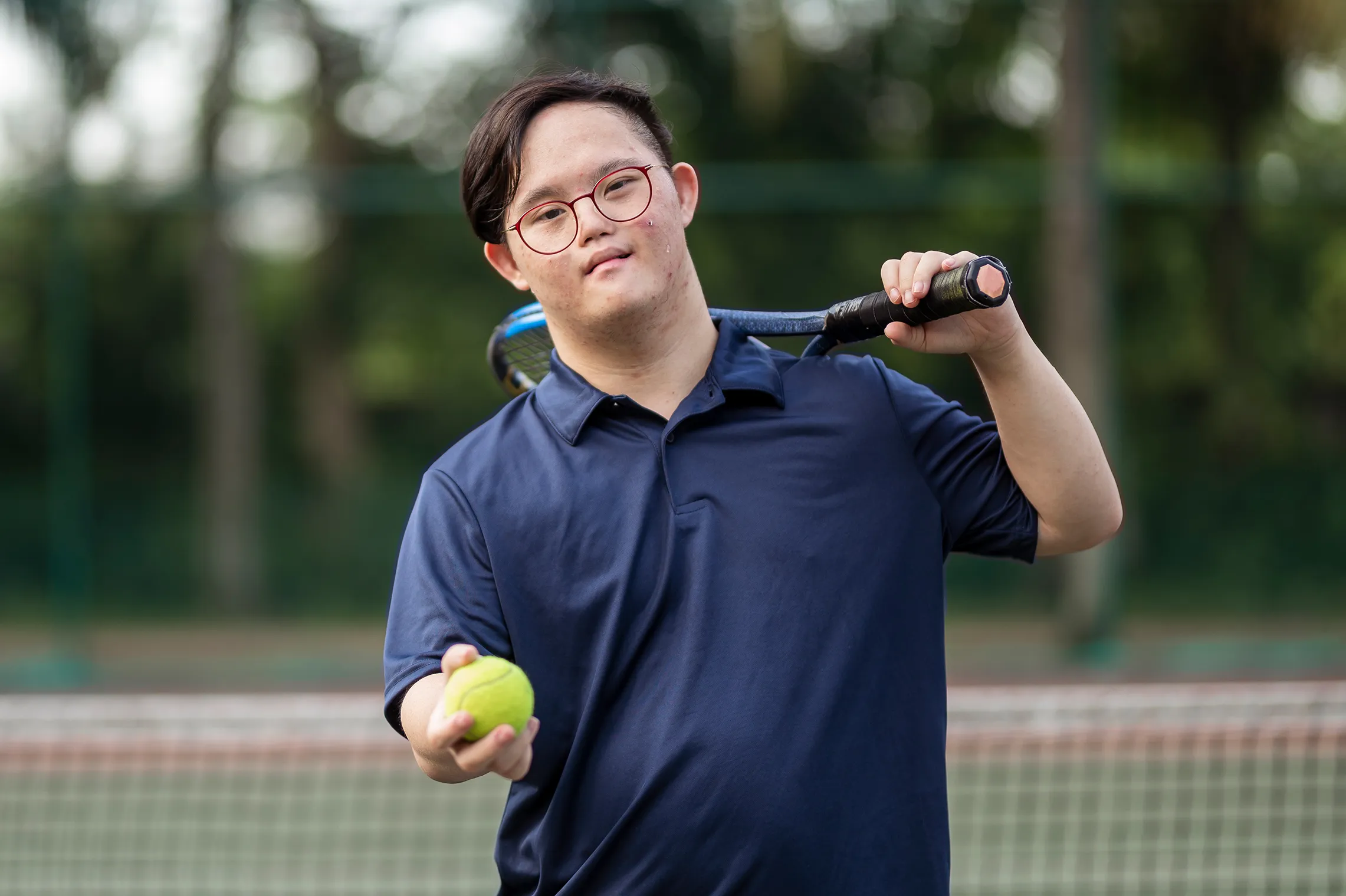
Peer Mentoring Programs for Youth with Disabilities
Empowering Youth through Peer Support
Peer mentoring programs have become a crucial part of the support system for young people with disabilities. These programs harness the power of peer influence to foster growth, confidence, and inclusion among youth facing similar challenges. In New Jersey, several organizations and schools have pioneered innovative peer mentoring initiatives designed to support youth with disabilities in unique and impactful ways.
What is Peer Mentoring?
Peer mentoring involves pairing a young person with disabilities with a mentor who may be slightly older and has navigated similar challenges. The mentor provides guidance, support, and friendship, helping to ease the often difficult transitions that come with various stages of a young person’s life, from starting school to entering the workforce.
Benefits of Peer Mentoring
- Emotional Support: Mentors provide a sympathetic ear and a shared understanding, which can be crucial for emotional health.
- Skill Development: Through mentoring, youth can learn new skills and strategies for dealing with both practical and social challenges.
- Increased Confidence: Interaction with mentors who have navigated similar paths can boost confidence and motivation in young mentees.
- Social Integration: Peer mentoring helps integrate youth with disabilities into social circles, enhancing their communication skills and social networks.
Peer Mentoring Programs in New Jersey
New Jersey offers a variety of peer mentoring programs through local schools, nonprofits, and community organizations. These programs are often tailored to specific types of disabilities, ensuring that the guidance provided is relevant and effective.
School-Based Programs
Many New Jersey schools have integrated peer mentoring into their special education departments. Programs like these not only support students with disabilities but also cultivate a culture of inclusion and awareness among the entire student body.
Community and Nonprofit Initiatives
Organizations such as The Arc of New Jersey and other disability advocacy groups offer peer mentoring programs that extend beyond the classroom. These programs might include community activities, workshops, and group mentoring, providing a broader range of experiences and learning opportunities.
How Peer Mentoring Programs Work
Matching Process
Effective peer mentoring programs carefully match mentors and mentees based on shared interests, similar disabilities, and complementary personalities. This ensures a strong bond and increases the program’s effectiveness.
Training for Mentors
Mentors typically undergo specific training to equip them with the necessary skills to support their mentees effectively. This training includes communication techniques, confidentiality issues, and strategies to inspire and empower their mentees.
Ongoing Support and Supervision
Program coordinators continually support mentors and mentees, providing them with resources and guidance. Regular check-ins help to monitor progress and address any emerging issues.
A Future of Inclusive Support
Peer mentoring programs for youth with disabilities represent a vital resource in New Jersey, promoting independence and self-confidence among young individuals facing similar life challenges. These programs not only empower mentees but also enrich the lives of the mentors, creating a cycle of positivity and support that resonates throughout the community. As awareness and funding for these programs grow, so too will their capacity to make a real difference in the lives of young people with disabilities across the state.





